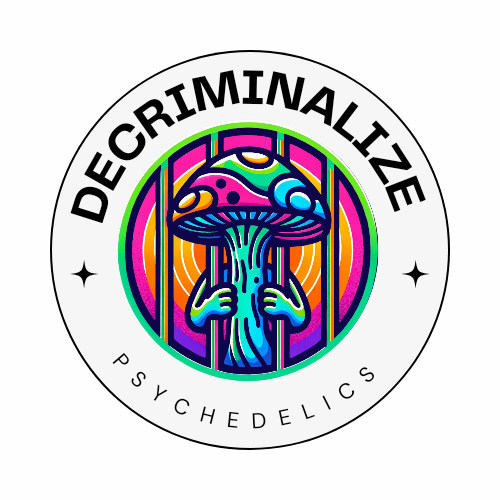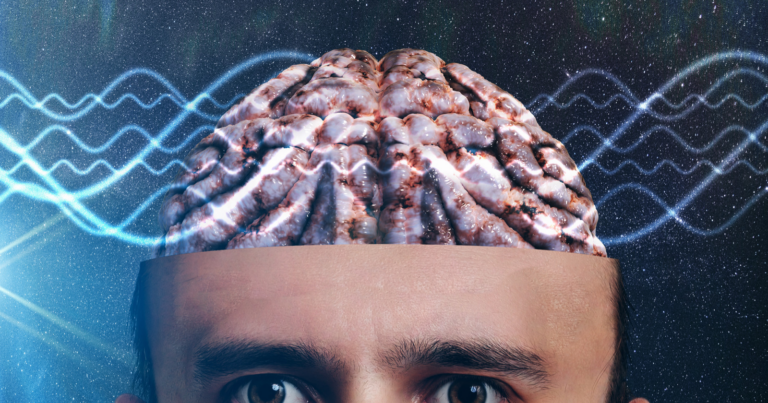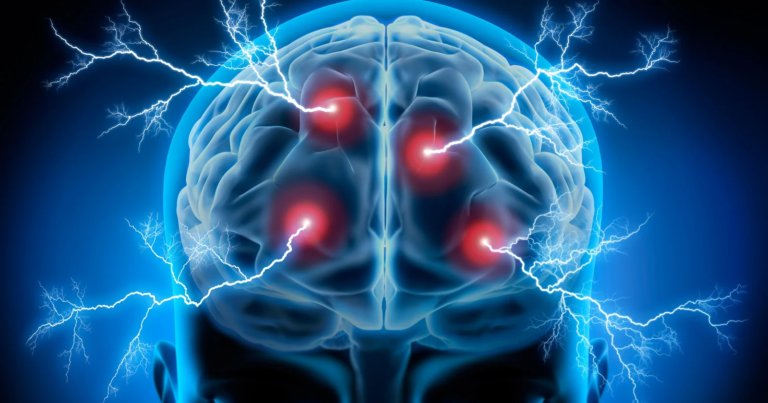MDMA Therapy is a potent, emerging treatment approach.
And it’s showing promising results!
Primarily used to address PTSD and other psychological disorders, it involves inducing a profound state of relaxation, facilitating deeper introspection.
Here, we’ll explore what MDMA therapy really is and how it works.
What is MDMA Therapy?
MDMA therapy, also known as MDMA-assisted psychotherapy, utilizes the effects of the psychoactive drug 3,4-methylenedioxymethamphetamine (MDMA).
This therapy isn’t merely recreational drug use.
It involves administering pure, lab-synthesized MDMA in a controlled clinical setting under the guidance of trained therapists.
It’s an intensive process that involves preparatory sessions, couple of MDMA-assisted therapy sessions, and integration sessions.
The aim is to help individuals confront and process traumatic memories or troubling personal issues in a safe, supportive environment.
Central to this therapy is the unique state of consciousness induced by MDMA – a heightened sense of empathy and connection, reduced fear and defensiveness, and increased introspective insights.
This state facilitates therapeutic change by enabling individuals to engage with their emotions and memories in a new light.
How Does MDMA Therapy Work?
At its core, MDMA therapy combines traditional psychotherapy methods with the administration of MDMA.
Once ingested, MDMA stimulates the release of serotonin, dopamine, and norepinephrine in the brain, along with hormones like oxytocin and prolactin.
Serotonin is known to contribute to feelings of well-being and happiness, while oxytocin is often called the ‘love hormone’ due to its role in promoting trust and bonding.
In an MDMA therapy session, these neurochemical changes help create a unique therapeutic state.
Patients often experience heightened empathy and emotional openness, decreased fear response, and enhanced introspective insights.
This allows them to revisit traumatic memories or deep-seated personal issues without the usual fear or defensiveness.
Here’s the fascinating part:
MDMA therapy isn’t just about the drug experience itself.
It’s about harnessing this altered state of consciousness to facilitate therapeutic change.
The preparatory sessions help build a trusting therapist-patient relationship and prepare individuals for their MDMA experiences.
The MDMA-assisted sessions are where individuals dive deep into their subconscious under the influence of the drug.
The integration sessions afterwards are crucial for helping individuals make sense of their experiences and apply these insights into their lives.
In essence, it’s a synergistic process where both the drug and the therapeutic relationship work together to catalyze healing and personal growth.
The Process of MDMA Therapy
MDMA therapy follows a structured process designed to optimize its therapeutic benefits.
It begins with preparatory sessions, where therapists establish rapport with the patients and prepare them for the experience ahead.
It is crucial to create a safe and supportive environment, where patients feel comfortable to open up about their deepest fears and traumas.
The actual MDMA-assisted therapy sessions are then conducted.
During these sessions, patients ingest a carefully measured dose of MDMA and are guided by their therapists through the ensuing experience.
They are encouraged to lie down, often with eye shades and headphones playing soft music, as they explore their internal experiences.
This exploration can bring up intense emotions or memories. But, the unique state induced by MDMA often allows individuals to confront these challenging aspects with less fear or resistance.
Post-session, integration sessions are held.
Here, patients discuss their experiences and insights from the MDMA-assisted sessions with their therapists, who help them process these experiences and integrate the insights into their daily lives.
For instance, a war veteran suffering from PTSD might relive traumatic combat experiences during an MDMA-assisted session but without the usual fear and distress.
In the following integration sessions, they might work with their therapist to understand these memories in a new light and develop healthier ways of coping.
In all, MDMA therapy is not just about the drug-induced experience but about how this experience is harnessed within a structured therapeutic context for healing and personal growth.
Who Facilitates the Therapy?
MDMA therapy is facilitated by trained professionals, often a team of two therapists.
These individuals usually have backgrounds in psychology, psychiatry, or related fields, and they undergo specialized training to conduct MDMA-assisted psychotherapy.
This training equips them with the necessary skills to guide patients through the intense experiences that MDMA can induce.
They are well-versed in creating a supportive and non-judgmental therapeutic environment, encouraging patients to delve into their internal experiences, and helping them make sense of these experiences during integration sessions.
It’s important to note that the therapists’ role is not to direct the therapeutic process, but to support and facilitate it.
They are there to provide a safe space for you to explore your subconscious and process your emotions.
They adhere to strict ethical guidelines and professional standards to ensure the safety and effectiveness of the treatment.
For instance, they only administer pure, lab-synthesized MDMA in controlled doses, monitor patients closely during MDMA-assisted sessions, and provide comprehensive aftercare.
- MDMA therapists are trained professionals with backgrounds in psychology or psychiatry.
- They undergo specialized training in MDMA-assisted psychotherapy.
- Their role is to facilitate, not direct, the therapeutic process.
- They adhere to strict ethical guidelines and professional standards.
MDMA therapy is about more than just the drug; it’s about how this drug is used within a therapeutic context.
The therapists’ expertise and guidance are crucial components of this.
The Potential of MDMA Therapy
Let’s talk about the potential of MDMA therapy.
This innovative treatment approach is generating significant interest within the medical community and beyond, particularly for its potential in treating PTSD.
I believe it’s important to understand why.
PTSD is a debilitating condition that can severely impact one’s quality of life.
Traditional treatments often fall short for many individuals, leaving them trapped in a cycle of distress and dysfunction. That’s where MDMA therapy comes in.
The therapeutic state induced by MDMA, combined with the support of therapists, can help individuals confront and process their traumas. This has the potential to facilitate profound therapeutic breakthroughs and lasting change.
But, we must remember that while MDMA therapy shows great promise, it’s still an emerging field.
Continued research is crucial to fully understand its benefits, risks, and optimal application. It offers a beacon of hope to those grappling with psychological disorders that have been resistant to other treatments.
As we delve further into the intricacies of MDMA therapy, let’s keep an open mind about its potential and limitations.
It’s an exciting time in the field of mental health treatment, and I look forward to exploring this journey together with you.
What’s Next?
The exploration of MDMA therapy is an exciting frontier in the field of mental health treatment.
Its potential to facilitate profound healing and personal growth, particularly for those with PTSD and other trauma-related disorders, is truly remarkable.
But, it’s important to approach this therapy with a balanced perspective.
It’s not a magic bullet or a quick fix, but a potent tool that can catalyze therapeutic change when used appropriately within a structured therapeutic context.
The role of the trained therapist, and the integration process are as crucial as the drug-induced experience itself. It’s also vital to remember that MDMA therapy is still an emerging field.
Continued research is needed to fully understand its benefits, risks, and optimal application. In the meantime, for those seeking healing, it offers a promising path forward.












